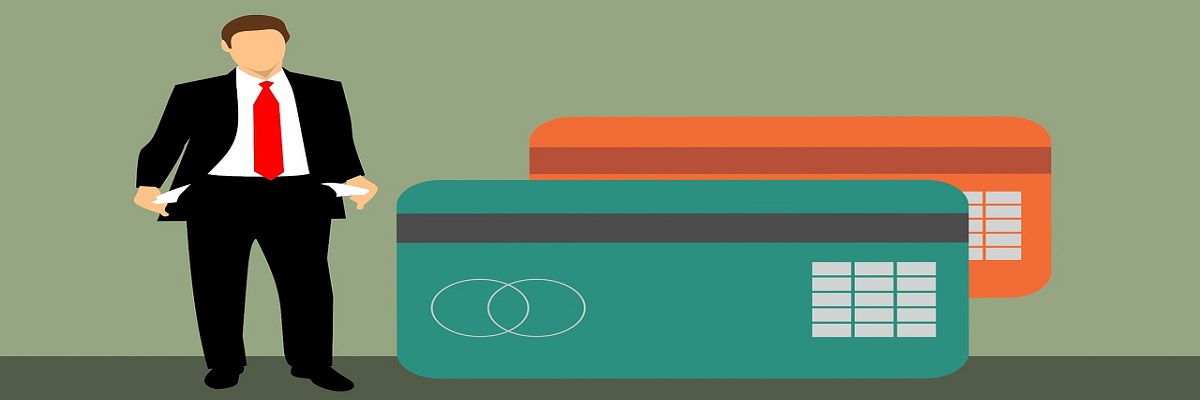Call: 888-297-6203
Filing for bankruptcy does not mean that you will get rid of all (100%) of your debts. Though most of the debts are discharged, nonetheless, there are a few which remain even after you file for bankruptcy.
Non-dischargeable debts under chapter 7
- Student loans
- Federal, state, and local taxes
- Domestic support obligations
- Government-imposed restitution fines and liabilities
- Court fees
- Debts arising out of injury from drunken driving
Non-dischargeable debts due to objection from Creditors
- Frauds
- Luxury goods purchased 3 months before filing for bankruptcy
- Cash advances taken within 3 months before filing
- Due to willful or malicious acts
- Embezzlement or theft
- Debts arising from divorce settlements or court decree.
Chapter 7 Bankruptcy 101 – debt discharge
When you file for bankruptcy under chapter 7, an automatic stay is implied which stops all creditor collection attempts. Here most of your debts will get discharged except a few which we have already discussed above. It is important that you consult an experienced attorney to understand what all can be discharged in your case and what not. This will help you give a clear picture while filing. To get in touch with such a professional – https://recoverylawgroup.com/bankruptcy/.
However, debts like Student Loans are not discharged unless you have proved that paying it is causing “undue hardship” in your life as well as on your dependents.
Circumstances where your debt discharge is Refused
There are some circumstances where despite your debts being under the category of getting discharged, creditors can appeal to the court to deny the same if they can prove it under the grounds for denying a discharge.
Grounds for denying a discharge of debt
- if the debtor has failed to produce the financial records or proper books of records
- if you are unable to explain the cause behind losing an asset
- if the debtor has committed a crime like perjury (presenting false evidence or lying under oath)
- disobeyed court order
- transferred, hidden or destroyed property that could have been used to pay off the creditors
Revocation of debt discharge
Under certain circumstances, the court may also revoke bankruptcy discharge under chapter 7 if –
- the trustee, or creditor requests such a revocation
- the debtor has taken back or acquired any property that is not the property of the state
- if such acquisition has been knowingly and purposely concealed or not reported
- if you refuse to or do not surrender the property to the trustee
- you fail to submit and provide all documents as required for the bankruptcy audit
Consulting an attorney is highly recommended before you move ahead with filing for bankruptcy as their expert guidance will help you through your filing journey. To get in touch call – 888-297-6203.

